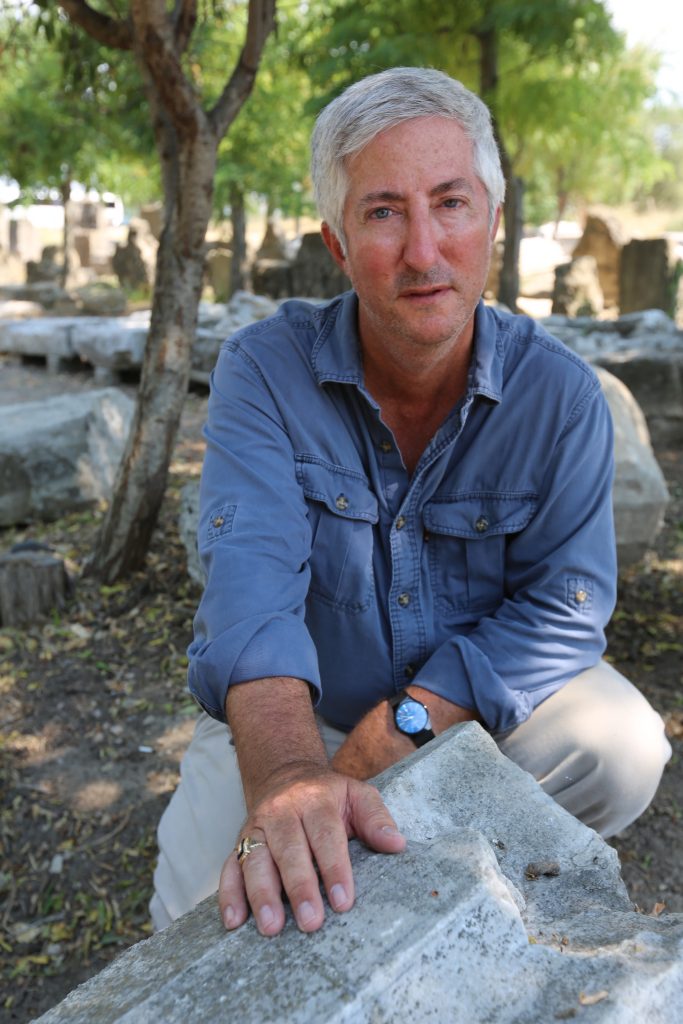
2019 PLENARY ADDRESS

7:00 – 8:15pm | The Westin San Diego
The 2019 Plenary Address was given by Dr. Eric H. Cline, Professor of Classics and Anthropology, The George Washington University.
Watch the 2019 Plenary Address on ASORtv
Read a transcript of the 2019 Plenary Address given by Eric H. Cline
Dr. Cline is the current Director of the GWU Capitol Archaeological Institute and Co-Director of the Tel Kabri Archaeological Project. He is a National Geographic Explorer, a Fulbright Scholar, an NEH Public Scholar, an active field archaeologist with more than thirty seasons of excavation and survey, and an award-winning author and teacher.
Dirt, Digging, Dreams, and Drama: Why Presenting Proper Archaeology to the Public is Crucial for the Future of Our Field
We seem to have forgotten that previous generations of Near Eastern archaeologists knew full well the need to bring their work before the eyes of the general public; think especially of V. Gordon Childe, Sir Leonard Woolley, Gertrude Bell, James Henry Breasted, Yigael Yadin, Dame Kathleen Kenyon, and a whole host of others who lectured widely and wrote prolifically. Breasted even created a movie on the exploits of the Oriental Institute, which debuted at Carnegie Hall and then played around the country in the 1930s. The public was hungry for accurate information back then and is still hungry for it today. And yet, with a few exceptions, we have lost sight of this, sacrificed to the goal of achieving tenure and other perceived institutional norms, and have left it to others to tell our stories for us, not always to our satisfaction. I believe that it is time for us all — not just a few, but as many as possible — to once again begin telling our own stories about our findings and presenting our archaeological work in ways that make it relevant, interesting, and engaging to a broader audience. We need to deliver our findings and our thoughts about the ancient world in a way that will not only attract but excite our audiences. Our livelihoods, and the future of the field, depend upon it, for this is true not only for our lectures and writings for the general public but also in our classrooms. If we are unable to successfully engage our own students, and to show them that good research goes hand in hand with good teaching, lecturing, and writing, with each informing and improving the others, we will fail to cultivate the next generation of archaeologists.